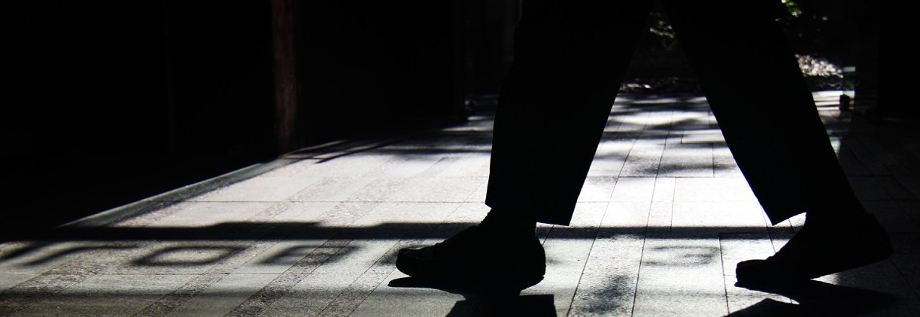Between the density but wary detachment of a city, and the relief but perhaps isolation of a country, a town figures. Like an interim, yet careful not to traverse the void, a town is almost a work-in-progress. It exists in flux, in waiting even.
Literature is profuse with the dialectics of city and country, but so often is townhood neglected. The absence of narratives leads to uncertainty, but this very absence of preconceptions endows upon us the freedom to elucidate our origins for ourselves. As much as University Town provides the dimensions – physical and otherwise – within which to imagine oneself, it also awaits the community in shaping its ambitions. Almost like entering into a social contract, there is the need to simultaneously fulfill the expectations charted by the space, and invent the contour of this same space.
The residential college programme is designed to provide a wholesome experience where students live, learn, and play, together; everyone grows and matures as, and in, a collective. Yet, this abundance offered by the community may be that which turns in on itself. The richness in which we live, that strengthens us, has the potential to transmute into the limits that bind us. Within the college, we are privy to a luxury of opportunities for exploration, discussion, and expression. However, it is precisely these boundless prospects that almost de-necessitate having to exit this space in search of other avenues for self-gratification. As much as we flourish within, the possibilities beyond pass us by.
Besides, in its physical construct, the community lives off the edges of the campus. It is approachable, but not entirely accessible. We are the products of our living space. This self-contained existence hazards insularity, as we increasingly locate ourselves within, and only within, these parameters. When our association with the outside inevitably wanes, disconnect deepens and divides.
Furthermore, the acknowledged privilege of being one within veers almost to an exclusivity that discounts the geniality to which the community is received by those without. The distinct college experience is difficult to relate to others without yielding to a codified discourse that is alienating. This socially constructed language brands and distinguishes between those who belong and those who do not.
We are glasshouse-d, seemingly thriving in our own conditions, but crucially naïve about our greater habitat. Notwithstanding, this insularity is a mere almost-possibility.
What then bridges the to be and is?
It is easy to become a mere inhabitant, simply consuming and not contributing; This, however, also means being consumed by the space, letting its parameters become boundaries. By breaching the implicit social contract hence, the space stagnates, and so do we. Not only do we disappoint the expectations marked by the space, but by exhausting the space, we also tire our potential for growth.
Nonetheless, the flurry of voices, so often perceived as disillusionment, are an enlivening of the purpose of this space. The profusion of debates, in itself, demonstrates an engagement of thinking individuals, of the community being critical and cognizant. It illustrates a keen awareness: of the limits of us, and of the contours that limit us. As we struggle among ourselves or even within our own selves, we redesign the contours of the space. By doing so, we further the ambitions of the college and its capacity for our aspirations.
Notwithstanding, there is a perceived urgency to attain rapid progress, to reciprocate the giving we have received from the college. In spite of this, maybe this is meant to be a process, for every individual who passes through the college, to grow together with it.
It is an evolving process that is not yet ready for a conclusion.
Perhaps then, to escape the void – the almost-possibility of insularity – is to assume ownership of the space we inhabit, mastering instead of only being mastered. And with an acute consciousness, we re-imagine this space – this Town, we figure.
Editor: Alison Chew
Senior Editor(s): Arjun Saha and Lycia Ho





